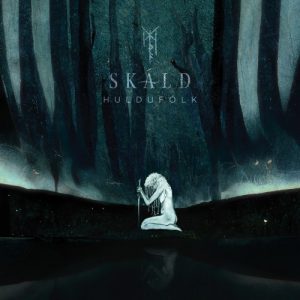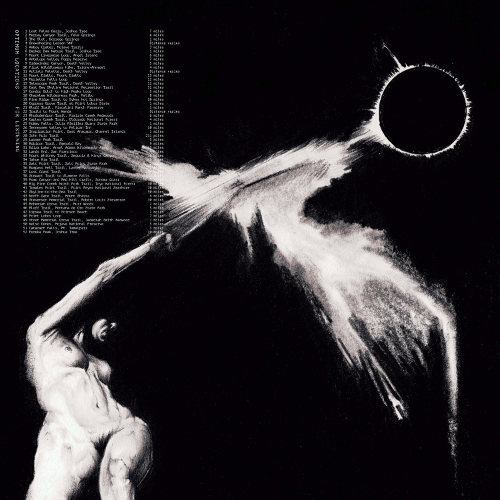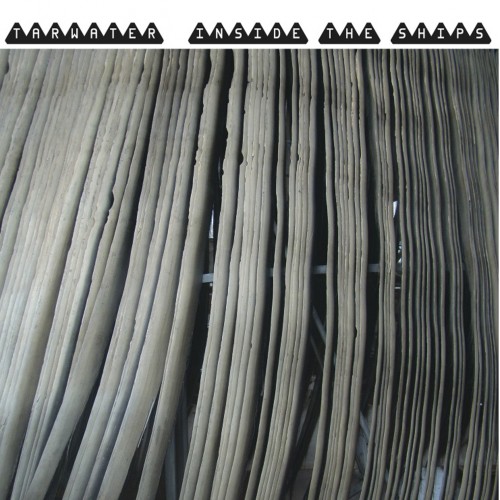 In the depths of a bleak January such as this, one might very well find oneself tramping across sodden fields, beneath sullen grey skies, breath forming clouds in the cold and clods of mud clinging to your boots, crows wheeling and calling overhead and a line of skeletal trees marking a boundary in the distance. Looking up at the dark, bruised sky, you might imagine that music is playing.
In the depths of a bleak January such as this, one might very well find oneself tramping across sodden fields, beneath sullen grey skies, breath forming clouds in the cold and clods of mud clinging to your boots, crows wheeling and calling overhead and a line of skeletal trees marking a boundary in the distance. Looking up at the dark, bruised sky, you might imagine that music is playing.
Indeed, this being 2023 rather than 1023, one might actually have music playing, since any one of a myriad tiny digital devices might be nestling in your top pocket and spewing forth a near-instantaneous stream of ones and zeroes to the discrete little earphones nestling inside your shell-like ears.
Thus, your eyes might out across an ancient landscape, whilst your ears revel in the wonders of modern digital music. But what kind of music might form a suitable soundtrack for this meeting of ancient and new?
Yet, on the sly, France has seen something of a resurgence of the pagan folk musical past in the recent years. From Tanz Mein Herz to the labyrinthine identities of the France / La Nòvia / Toad axis, long-form folk-inflected music has undergone an exciting renaissance and development over the past decade. Whilst the Skáld collective don’t necessarily share a sound with contemporaries such as these, they nevertheless share an approach, an aesthetic which sees old instruments given a new lease of life, not merely to replicate old ‘folk’ musics, but to hybridise them with newer twenty-first century forms. Harp, pipes, nyckelharpa, moraharpa, lyre and talharpa and – of course – the mighty hurdy-gurdyi are all on aural display here, conjuring ancient acoustic landscapes, and underpinned by shamanic percussion of no little force.
Sung, as per the collective’s previous modus operandi, largely in Old Norse (alongside Swedish, Norwegian, Icelandic, Danish, Faroese and even – on final track “A Forest” ii – English), thematically the dozen compositions that comprise the album are centred around the titular huldufólk, or ‘hidden people’, the retinue of folkloric elves and trolls who dwell unseen alongside humankind in the wild places of the north. Having myself once walked up to Iceland’s Þingvellir in the early morning mist, I need little convincing that the Huldufólk remain where they have always been, watching humanity’s comings and goings with ancient eyes.
So, if you’re heading to the great outdoors for some midwinter hiking, get these Nordic gems loaded up for transmission via Bluetooth – how very fitting given that the name of this forward-looking modern technology is in fact derived from a Scandinavian source itself, King Harald ‘Bluetooth’ Gormsson, who united Denmark and Norway in 958.
Remember, baby it’s Skáld outside.
-David Solomons-
i Heard to dramatic modern effects in the hands of the excellent Skull Mask.
ii And yes, it is a cover of Robert Smith’s early Cure classic.



